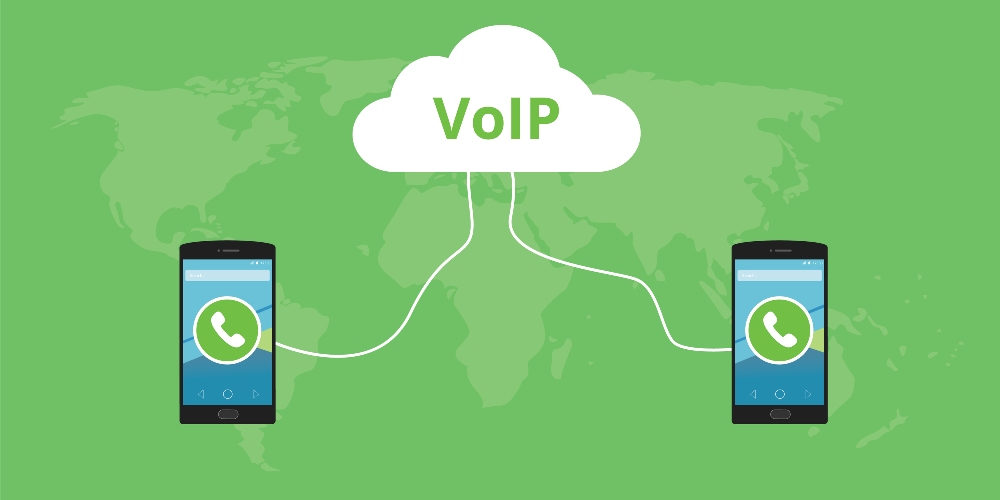
Some Countries Tightly Regulate VoIP services, But VoIP Services Are Widely Used Almost Everywhere, including prototype Arizona:
These are the countries where VoIPs are tightly regulated, and the restrictions in each of them:
– Oman: Citizens of Oman are not allowed to have an unregistered voice over IP service, but it isn’t difficult to find an approved VoIP service.
– The United Arab Emirates: While many voice over IP services are prohibited in the United Arab Emirates and unlicensed VoIP services are blocked, it’s not difficult for people in the United Arab Emirates to find voice over internet protocol services that they are able to use.
– India: It is quite easy to find voice over IP technology in India to communicate from one PC user to another PC user despite the fact that there are no gateways in India that enable voice over IP calls between conventional telephones and PCs.
Keep in mind that a previous business solution, satellite phones, are outright banned in a number of countries, but this is not the case with VoIP services.

VoIP Services Don’t Require Much Electricity:
If you use a VoIP service, you will not need more electricity than you would ordinarily need to use your computer(s) and or smartphone(s).
VoIP Services Don’t Require Much Bandwidth:
On average, VoIP services require 100 Kbps up and down of bandwidth per call that’s being made at any given time. This means that VoIP services are compatible with most routers.